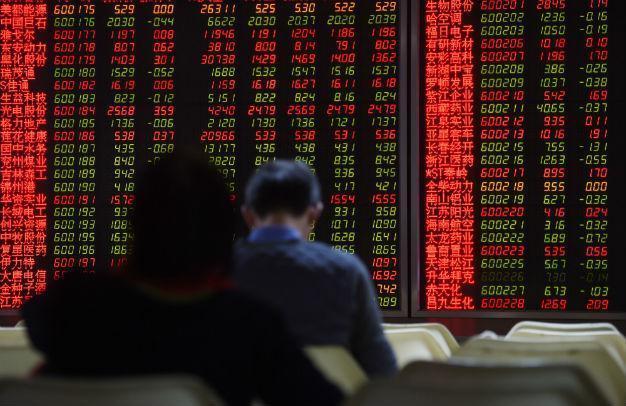OECD cuts 2016 growth forecast, addresses risks emerging markets
PARIS - Agence France-Presse

AFP photo
The Organization for Economic Cooperation and Development (OECD) on Feb. 18 cut its 2016 economic growth forecast to 3 percent from 3.3 percent owing to disappointing data, sluggish demand, weak investment and a high risk of financial instability.“Financial instability risks are substantial,” the 34-member OECD said in its latest interim outlook, urging a strong collective response to combat sagging global growth, which it predicts will not surpass 2015’s already pallid showing.
The Paris-based body trimmed its outlook for this year as growth slows in many emerging countries and advanced economies only expected to achieve modest recovery after a 2015 that saw the slowest growth in five years.
In its November outlook, the OECD had already downgraded its initial 2016 estimate, citing stagnating trade amid a slowdown in China. But it said it felt compelled to make a further downward revision both for this year while also revising downward an initial November projection for 2017 to 3.3 percent from 3.6 percent.
“A stronger collective policy response is needed to strengthen demand,” said the organization, noting “contractionary” fiscal policy in many major economies amid slowing structural reform.
Organization identifies risks
The organization identified furthers risk as emerging market currency volatility and debt, notably in Russia, Turkey and Brazil.
It that added poor growth prospects were pushing down equity prices, helping to spark the market volatility seen in recent weeks.
“Structural reform momentum has slowed,” added the OECD, identifying a combination of negatives affecting the global outlook, with fuel and commodity prices in a trough amid sluggish demand while China stays stuck in third gear.
“Monetary policy cannot work alone” to achieve sustained growth, warned the OECD as it noted projected growth rates which “are the lowest in the past five years and well below long-run averages.”
The body said that whereas relatively healthy growth in emerging countries had in previous years partially compensated for a slowdown in emerging nations, this was currently no longer the case.
“Global GDP growth is projected to be no higher than in 2015, itself the slowest pace in the past five years,” it concluded.
















